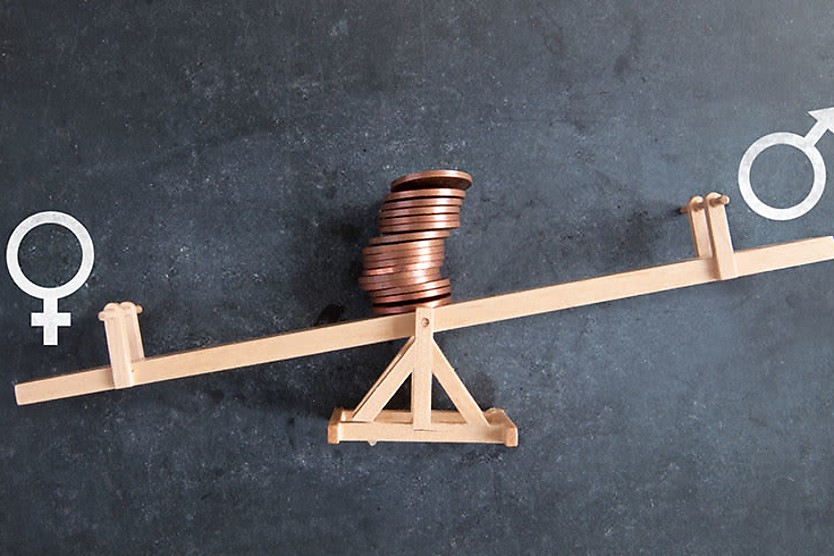WGEA gender pay gap reporting will hold leaders accountable
SHARE THIS ARTICLE

The Workplace Gender Equality Agency’s (WGEA) recent publishing of company gender pay gaps may operate as a forcing function for leaders as they will now bear the responsibility of any future discrepancies.
We recently spoke to Dr Cecelia Herbert, principal behavioural scientist at Qualtrics, regarding how leaders must adapt to the changes, or risk being ostracised for their inaction. Accountability was the theme of Herbert’s discussion, as she stressed the need for them to take proactive steps to comply.
“Leaders are accountable. You can see it really, really clearly in a lot of the legislation that it is the executives of those organisations that bear the responsibility for this. [Leaders] bear the responsibility of making sure that they’re taking proactive action to prevent things like psychosocial risks and issues around bullying, harassment and discrimination,” Herbert said.
Organisations must ensure that they’re not just reacting to these issues when they arise; they must actively take steps to understand what’s going on in their culture. Leaders must focus on building these cultures where there is pay equity, where there is a reduction of psychosocial risks and threats, and where there is the absence of discrimination, harassment, and bullying.
Listening to employees is a key starting point to beginning this process: “[Leaders] have to be listening to their employees. They have to have open channels of communication. All of them say this, they’re like, consultation is key,” said Herbert.
“It’s not just a single method of communication. It’s not just a survey. It is having conversations, it is multiple methods of listening to your employees and making sure that your organisational systems are set up in a way that [doesn’t] produce these unintended and inequitable outcomes.”
Reverting to normal lines of communication rather than surveys, for example, gives leaders a better understanding of their employees, which is key to avoiding any unintended or inequitable outcomes within the workplace.
Alignment between business leaders, HR teams, and other organisational entities is imperative, as it offers strategic clarity for leaders and gives them a plan of attack.
“Your HR team are going to assist as well as that broader people team, it’s not just people in HR business partner roles, it’s that broader organisational design, your employment legal teams, that whole function,” Herbert.
“They are the ones who are going to be those executives, advisors. They are going to be the ones who are giving them the right information. And they’re the ones who are going to be designing and delivering on the programs and solutions that help create that reality for employees.”
This legislation change may show leaders a clearer picture of the importance of other organisational entities as they are going to be of the utmost importance in delivering positive business outcomes while balancing employee wellbeing and avoiding unintended or inequitable outcomes. Leaders will be at the forefront, accountability-wise, if something goes pear-shaped. Therefore, to avoid that, they must adhere to the suggestions and strategies of others.
RELATED TERMS
The term "gender pay gap" refers to the customarily higher average incomes and salaries that men receive over women.
Kace O'Neill
Kace O'Neill is a Graduate Journalist for HR Leader. Kace studied Media Communications and Maori studies at the University of Otago, he has a passion for sports and storytelling.

